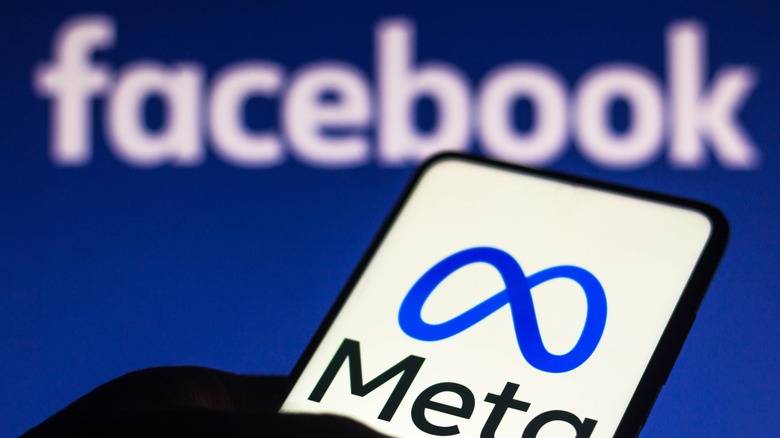Meta Rolls Out First Ad-Free Instagram And Facebook Subscriptions: Here's How Much They Cost
If you are a regular user of Facebook and Instagram, you have certainly noticed an increased presence of ads and other non-user-generated content in your feeds lately. While it's understandable that Meta would look to maximize its revenue at every turn, these changes have been an unwelcome disruption to the user experience.
Users in Europe will now be able to enjoy an ad-free experience on Meta's platforms for a price. In a press release, Meta announced a subscription-based ad-free plan for users in the European Union, European Economic Area, and Switzerland. The ad-free plan will cost €9.99/month on the web and €12.99/month on IOS or Android, depending on the point of purchase. If you buy the plan before March 1, 2024, it will cover any linked accounts in your Accounts Center, but after that, you will have to pay an extra €6/month on the web and €8/month on iOS or Android for each additional account you want covered.
Subscribers will be protected from having their information shared with advertisers, and the paid plan was put in place in response to evolving European legislation known as the General Data Protection Regulation (GDPR).
"The option for people to purchase a subscription for no ads balances the requirements of European regulators while giving users choice and allowing Meta to continue serving all people in the EU, EEA, and Switzerland," Facebook's statement reads. "If you choose to continue to use our products for free, your experience will stay the same."
European Legislation also affected Meta's plans for Threads
This is not the first time Meta's plans have been affected by European legislation. The company had to delay the launch of Threads in the European Union to comply with the Digital Markets Act, a series of laws passed about a year ago to protect European Union consumers from monopolistic companies.
There was no indication from Facebook that an ad-free plan would be made available in the United States, and considering Facebook's problematic history regarding privacy and its increasing reliance on ads, it's doubtful that stateside Facebook and Instagram users will soon get the same opportunity European customers now have available to them.
This is just one of many ways European and American markets differ in the level of consumer protection provided. 19 countries in the European Union ban the use of genetically modified organisms (GMOs) in farming, and the European Union as a whole voted in March to ban the sale of gas-powered vehicles beginning in 2035, equalling the timeline currently held by seven of the United States.

